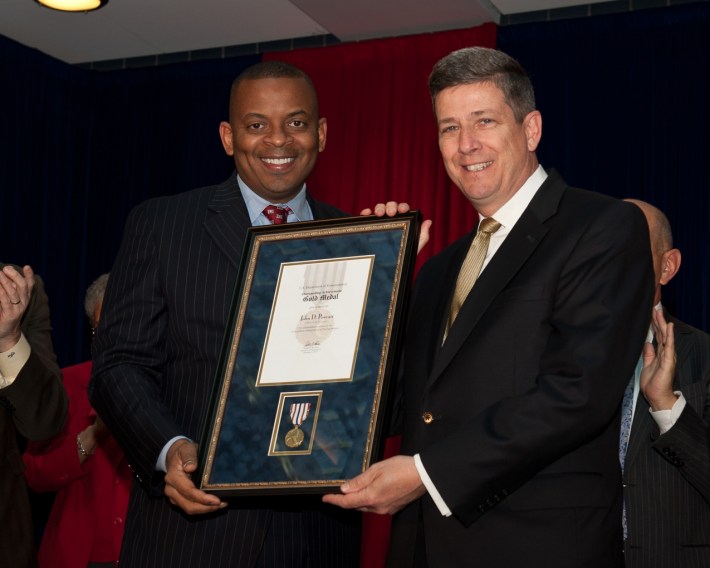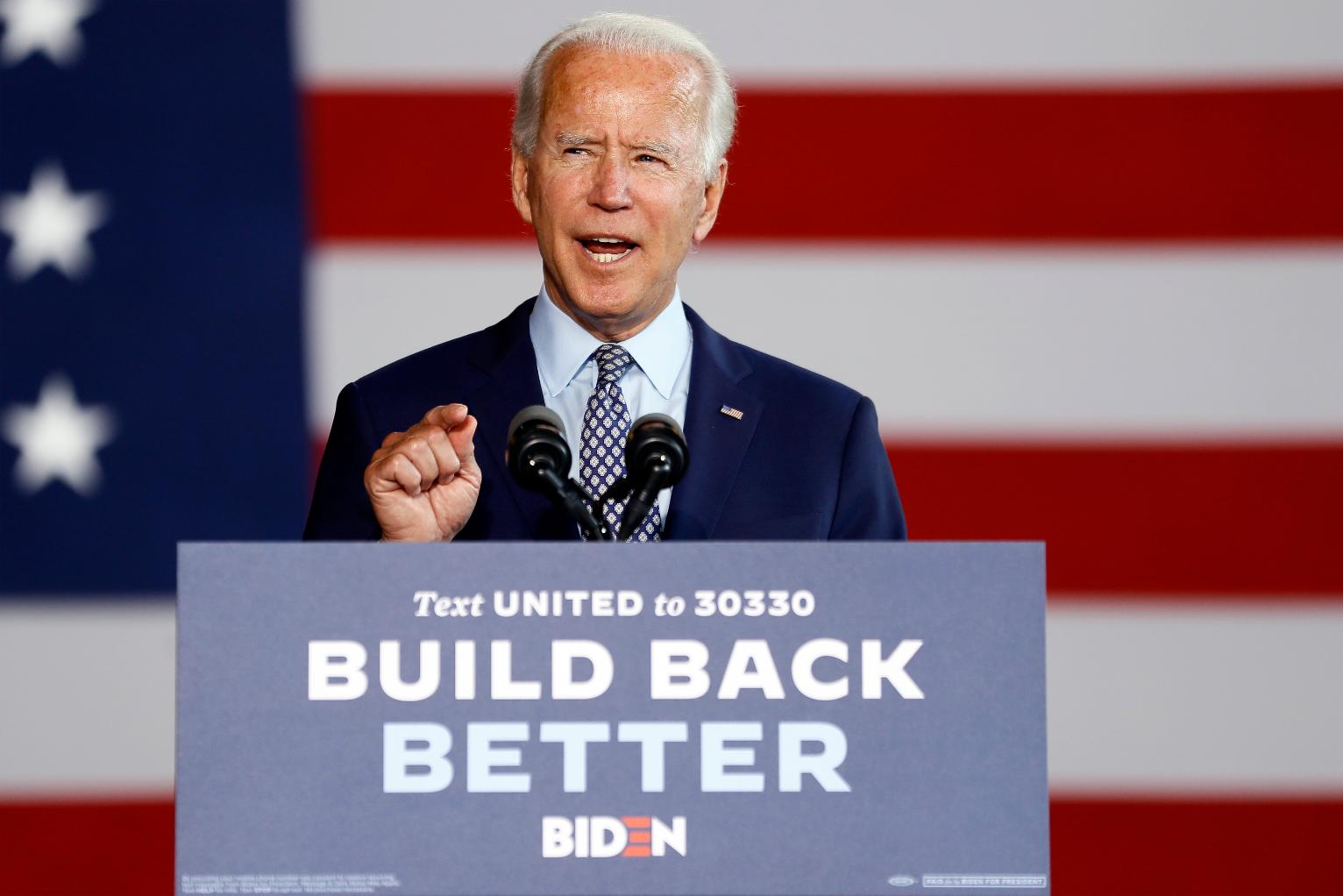"Resiliency" is the Biden buzzword.
A top adviser to President-elect Joe Biden gave a tiny glimpse at where transportation policy may start heading after Jan. 20, but he left more question unanswered than answered.

On Thursday, John Pocari, former U.S. Department of Transportation deputy secretary and a current adviser to the Biden-Harris transition team, said the incoming president would try to do less with more — and, indeed, try to build back better, as the campaign slogan goes.
“Just paying attention to lower lifecycle costs by building more resilient infrastructure — basically being a good steward of public dollars,” Porcari said during a virtual conference hosted by the American Association of State Highway and Transportation Officials — basically the umbrella group of state DOTs. “That will be a critical part of the program. ... You can expect [resiliency] to basically trickle through the federal program across the board.”
AASHTO is typically bullish on infrastructure because, in this country, that tends to mean more roads. But Biden's infrastructure plan has also called for expansion of transit, especially zero-emission transit, in cities with more than 100,000 people (of which there are roughly 315 in the United States).
Porcari's speech also mentioned that Biden wants to expand intercity rail, mentioning Minneapolis to Milwaukee as one example, The Bond Buyer reported.
He also told state DOTs to expect more "formula funding" and an increase in federal grant programs. But that could mean a lot of things, experts pointed out on Twitter after the speech. David Bragdon of TransitCenter was especially nervous:
Ugh. Giving steroids (or free checks )to state highway departments and using the phrase “big projects” is a formula for disaster.
— David L. Bragdon (@DLBragdon) November 13, 2020
"Hope this can be shifted heavily towards maintenance and transit rather than new roads," added Tejas Kotak, a member of the Atlanta Regional Commission. "Better job creation due to faster builds, and way better for the climate."
Porcari also said the Biden team would likely focus on safety along freight and commuter corridors, plus all-weather resiliency (which could be a nod to climate change), Transport Topics reported. The outlet also emphasized another aspect of Porcari's speech: he expects that federal transportation agencies would adopt a national framework for autonomous vehicles — a move that "could advance years-long industry efforts that have evolved absent congressional policy input," the outlet reported.
There hasn't been much White House leadership on driverless cars, either, as Streetsblog has reported.
Porcari believes an infrastructure bill — perhaps up to $2 trillion — is possible within the first 100 days of the new administration.
“It’s no secret to anybody that President-Elect Biden has long been an advocate of infrastructure,” Porcari said, referring to the former vice president and senator's regular use of Amtrak to get from his Delaware home to his Senate office. “He feels it in his bones.”
Such a bill might not need to be massive if the money is spent wisely, he added.
“Every dollar is going to need to do double or triple duty,” he said, a nod to strengthening the domestic manufacturing base. “Relatively modest investments can pay off big for the economy. ... We need to think of transportation investments not as an end, but as a means to an end. We need equity, righting some of the ways of the past. Our aging infrastructure needs to be replaced. How do we do this in an equitable way?”
The last time Biden was in the White House, then-President Obama pushed through the American Recovery and Reinvestment Act, which allocated more than $48 billion — half of which went to highways and $8.4 billion of which went to public transportation.
Porcari hinted that the incoming president won't just throw money around.
“'Fix it first' is more than just a slogan,” he said. “That will be really important. Not just shovel-ready projects, but shovel-worthy.”
Porcari himself may get a chance to make those decisions — he's one of the names that keeps being floated as a possible U.S. DOT Secretary.






